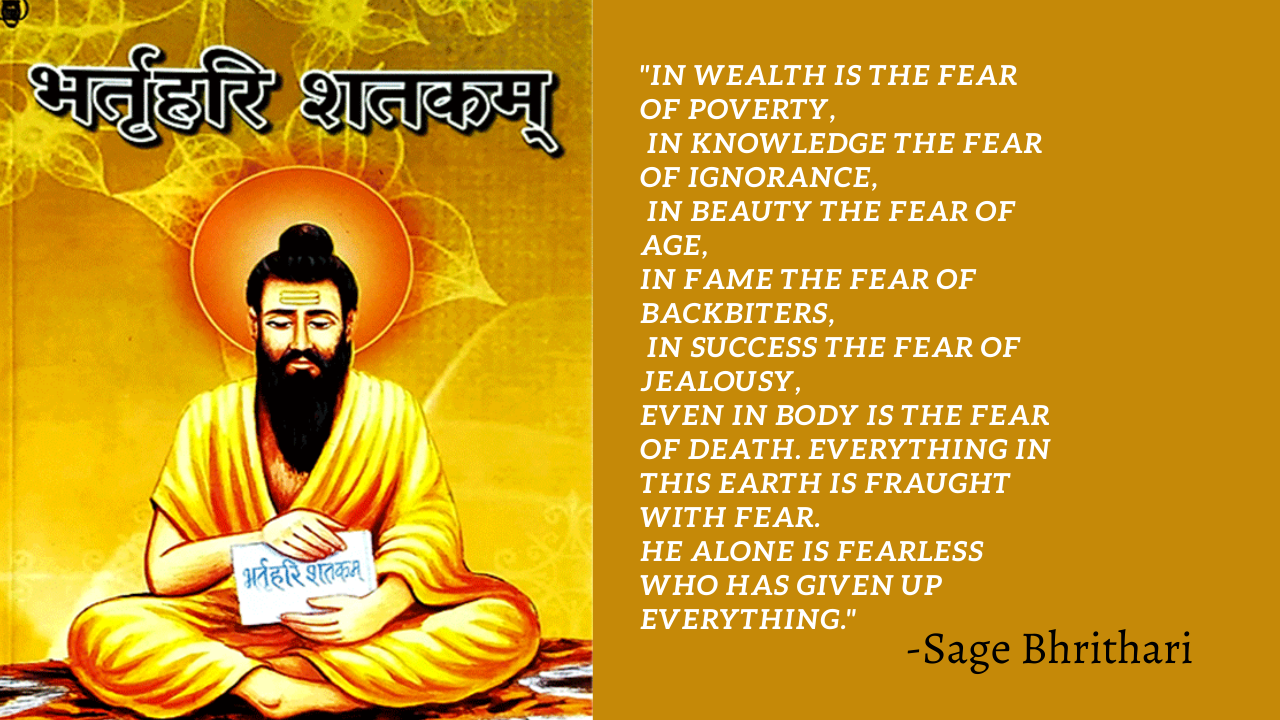Excelled by Education, Ruined by Invasion :- Tale of Ancient Indian Education Centres.
A plant, accumulating biotic elements like sunlight, water and soil, still remains a plant and grows as a plant. This simple natural phenomena teaches every nation the significance of having open arms to every foreign idea, but at the same time retain its own identity, and hold on to its own unique spirit.
Therefore, we dedicate our today's blog to take a moment to look back at our past and actually perceieve who exactly were our ancestors, what exactly has been our past glory. As to talk about Indian Culture, none other than the very son of India, the cyclonic Swami Vivekananda could describe her mother India the best.
"If the real history of India gets unearthed, the world shall realise that India not only mastered in spirituality, but also bossed its comtemporaries in every field of arts, sciences, polity and society."
-Swami Vivekananda
In our previous blogs we have many a times discussed the vast Indian philosophies, literauture, sublime ideas on polity, society and so on. We have also life-sketched some greatest Indians and even ancient temples and so forth.
Today we shall look through the unprecedented achievements of Ancient India in the field of scholarship and imparting education.
--> Excelled Education,
Ruined by Invasion.
If we really, really analyse the history of ancient India, we find that its glory eventually started degrading after the 10th to 11th century, when its major education centres were shut down. It was very gradual, so much so that the medieval history of India gives no hint that India was going through its declination, a point of no return, a nosedive that we haven't still recovered.
One of the major factors of this rebuff were foreign invasions. They gave us terrible blows actually.
Vallabhi University, was a famous education centre of 7th century ancient India. Its glory was such that a chinese traveller It-sing notes that it actually competed with the world famous Nalanda University of the eastern India.
It is a matter of great appreciation that Vallabhi was acutally a centre of Hinayan cult of Buddhism, but its rulers were of Maitrak dynasty and were not Buddhist. Still they patronised its education.
Knowledge, worship and a particular system of education made this university famous not only in India but the entire comtemporary world. Renowned Buddhist scholars such as Sthirmati and Gunamanti were leading principes of Vallabhi.
The maintenance of such a huge university was done through charity given by landlords and kings. This resembles the value given to education at that time.
In 775 AD, Arabs attacked this university and it was shut down forever!
We know that destiny had written the same fate of the then famous Nalanda University.
A student who passed out from Nalanda was considered the ideal student of India. During fifth to eleventh century, education was best at Nalanda and at that time had best libraries of the world were available here. Many students of India and abroad used to come for study and research in the library of Takshshila as well as in Nalanda University. Huen Tsang took 657 books from here to China.
Huen-Tsang visited in the 7th century. There were seven huge Halls (rooms/sections) in the university There were 300 rooms for delivering lectures. Special monastries were built for dwelling of students.
Many villages were donated for University sustenance. Food and clothing facilities were provided free of cost from the earnings obtained from those villages. Again this shows that how in ancient times local public valued education so highly.
This university was reduced into ruins in 12th century by Bakhtiyar Khilji. It is believed that Buddhist scholary faced a major setback because Khilji allegedly burnt down around 9 million manuscripts of this university!
It is but obvious that a boy would lack proper upbringing if you snatch away all what he is made to learn and teach him things he does not give a foot about. Exactly this was happening at that time.
What britishers came and did, is a greater matter of shock. They came and went, imposing their own systems on us in such a deep-rooted manner that still we don't realise that we need to step out of it.
Modern Indian youth whole-heartedly accepted the qualities of west - sheer rationalism and logical inquiring, hunger for expansion and so on, but remained hypocrites when it came to actually be original, look out for truth that is fit for their countrymen.
Again coming back to prove the same point, this degradation did not happen all of a sudden. It all started when India's education system was altered, and britishers chose to break the mental backbone of India rather than breaking neck and limbs.
The culture which had once taught the world to serve human as God, which assured liberation from all kinds of sufferings and pains was labelled as a culture of superstitions.
India was the land of Vikramaditya's, to Buddha's, Chanakya's to Adi Shankara's. In our veins flow the blood of greatest sages, scholars, artists, kings, warriors and noble people.
Thus we learn today that we must accept the virtues and qualities of every race but never ever at the expense of our own race, for our own race too has a wonderful message for the world. We too play a major role in this carnival of civilizations. My India, Arise!
Daksh Parekh.







Nice
ReplyDelete